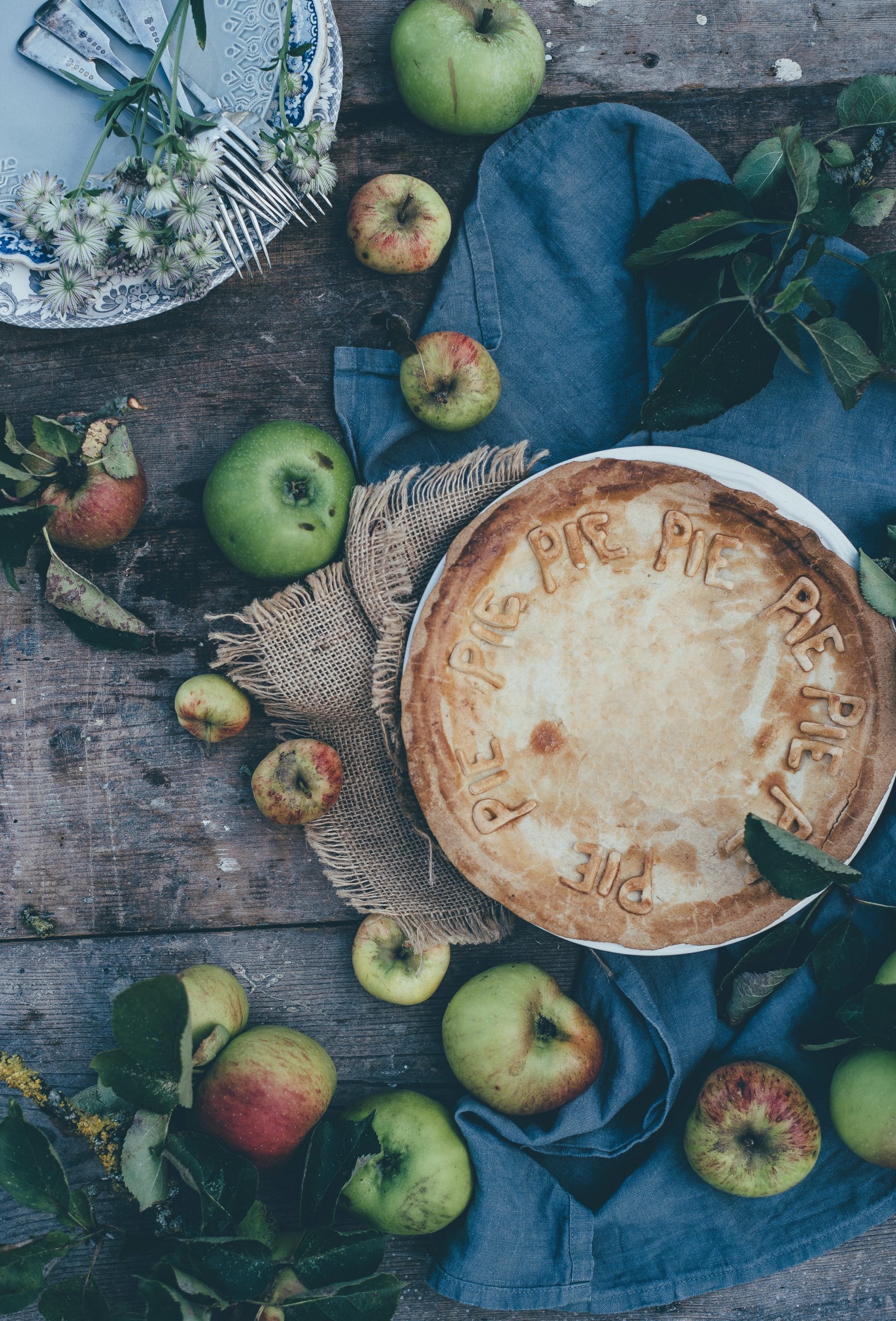
5 Superstitions And Why They Exist
I was at work a few years ago when a coworker walking by my desk let out a terrified squeal. “Your purse is on the floor! Don’t you know that’s bad luck?” Apparently, she was referring to a superstition which holds that to place your purse or wallet on the floor is to invite money troubles. I had never heard of this old wives’ tale and didn’t lend it much credibility, but on my way home, I did notice my lifelong habit of avoiding sidewalk cracks, surely a leftover from a youthful urge to protect my mother’s spinal health.
Superstitions ascribe supernatural origins to things that humans don’t understand, and they occur across the world. Early humans had a lot that they didn’t understand, but modern people are much more enlightened. Superstitions about bad luck feel like the kind of things we tell gullible children, so why do I still see people knocking on wood, throwing salt over their shoulders, and refusing to walk under ladders? Exactly where do these strange superstitions come from, and do any have even the tiniest basis in reality?
Don’t Spill the Salt!
I always do this, but not in fear of the devil but to ward off bad luck.
Salt is one of our most ancient and versatile foodstuffs, used for preserving food as well as flavoring it. For most of history, it was incredibly valuable, too, sometimes even used as currency. Spilling such a precious commodity was akin to dumping the thirty-year-old Scotch down the drain. For anyone who was careless enough to waste salt, throwing a pinch over the left shoulder was said to keep the devil away, since he was sure to be following you after such a grievous offence
Walking Under Ladders Brings Bad Luck.
I never had this superstition.
This superstition has its roots in religion. Some Christians believe that any object with three points—like a ladder leaning against a house—represents the Trinity of the Father, Son, and Holy Spirit. Early Christians believed that to destroy or subvert a three-pointed object (like by walking through it) one was expressing disbelief in the Trinity, and would therefore probably go to Hell. As religious conviction softened, the promise of eternal damnation was relaxed to merely the threat of bad luck. I admit to following the rule against walking under ladders, but for a more practical purpose—I
don’t care for things dropping on my head, as is wont to happen when people are working above.
Un-Lucky Number Thirteen.
I don’t fear 13, I think it is a lucky #, like 13 moons in a year..
Plenty of otherwise rational ..people are loath to schedule important events on the thirteenth of the month, and many buildings and towns don’t even include a thirteenth floor or thirteenth street, because so many people believe the number to be cursed. The origins of this superstition are factually tenuous, and there are many theories about how it came about. Christian theology teaches that Judas was the thirteenth guest at the Last Supper, making him unlucky. Norse mythology states that the god Loki, who was the thirteenth guest at a banquet, killed the hero, Balder. Not to mention the fact that several serial killers have thirteen letters in their name, like Charles Manson or Jeffrey Dahmer. Fear of the number thirteen even has its own name, triskaidekaphobia, and many sufferers refuse to be the thirteenth guest at a party, or to sit in row thirteen on an airplane for fear that some terrible fate will befall them. In reality, there’s no credible evidence to suggest anything sinister about any particular number, and in some cultures, the number thirteen is actually considered quite lucky.
Shakespeare’s “Scottish Play”
Many actors refuse to say the name Macbeth, especially when they’re inside a theater. The play is said to be cursed, and is usually referred to as simply, “The Scottish Play.” Some accounts say that productions of Macbeth have been plagued by an unusually high number of accidents, injuries, and deaths on- and offstage, perhaps because the play itself is unusually ripe with fights, weapons, battles, and opportunities for things to go wrong. Since the play features three witches, some origin stories for the superstition say that the lines uttered by the witches are real curses, that real witches were offended by the play and cursed it, or that Shakespeare’s original prop master stole items from a real witches’ coven. The most likely explanation is that Macbeth, being one of the English language’s most enduring pieces of drama, is often put on by theaters trying to stave off bankruptcy, and the play eventually got a reputation as foreshadowing a theater’s demise.
Sacred Sneezes
All cultures offer some sort of blessing after a person sneezes. While the origins of the benedictions are muddled, it seems certain that primitive people thought that a person’s soul could leave the body through the nose, and asking for God’s protection was a way to prevent its escape. Romans, however, believed that sneezing expelled demons, and witnesses to a sneeze offered congratulations and support. During the sixth century, there was a plague raging, and the populace thought that sneezing was a symptom of impending death. Pope Gregory pronounced that the official response to a sneeze would be “God bless you,” which was thought to invoke divine protection for both the sneezer and the sneezed-upon.
Even though we know that minor actions like opening an umbrella in the house have no bearing on our personal wellbeing, it’s hard to stop minding these deeply ingrained superstitions. For better or worse, they’ve become a part of our culture, even though nobody ever talks about the many serial killers without thirteen letters in their name, or the many people who walked under a latter and didn’t die. Even I lived for a year on the thirteenth floor of an apartment building and lived to tell the tale. So go ahead—put your hat on the bed, pick up a penny when it’s tails-up, or break a mirror. And if you’re ever in a production of Macbeth, break a leg.







